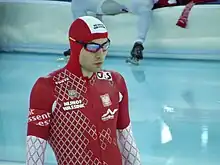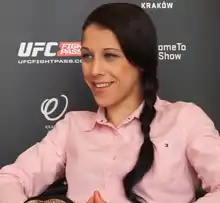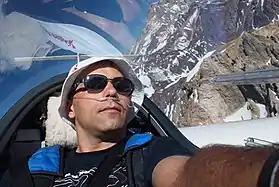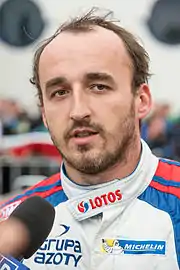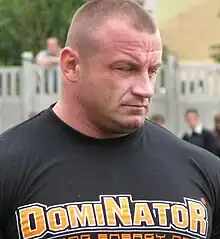List of Polish people
This is a partial list of notable Polish or Polish-speaking or -writing people. People of partial Polish heritage have their respective ancestries credited.
Science
Physics
Chemistry
Biology, medicine
Astronomy
Mathematics
Computer science
Linguistics
|
|
Invention
|
|
Engineering
Social sciences
|
|
Economics
Other sciences
|
|
History
- Roman Aftanazy, historian of former Eastern Borderlands and librarian
- Szymon Askenazy, historian and diplomat
- Marcin Bielski, chronicler
- Michał Bobrzyński, historian and politician
- Józef Borzyszkowski, Kashubian historian
- Filip Callimachus
- Alina Cała
- Marek Jan Chodakiewicz
- Piotr Cywiński
- Tadeusz Czacki
- Norman Davies, British-Polish historian
- Małgorzata Dąbrowska, historian, Byzantist
- Jan Długosz, 15th-century chronicler of Poland
- Maria Dzielska
- Marian Kamil Dziewanowski, Poland, Russia, modern Europe
- Karol Estreicher (senior), father of Polish Bibliography
- Stanisław Estreicher
- Tadeusz Estreicher
- Józef Feldman
- Mieczysław Gębarowicz, art historian, museum director, custodian of Ossolineum
- Aleksander Gieysztor
- Kazimierz Godłowski, historian and archeologist
- Władysław Grabski
- Roman Grodecki
- Oskar Halecki, historian of Poland
- Marceli Handelsman, historian of Poland
- Paweł Jasienica, historian of Poland
- Jacek Jędruch
- Wincenty Kadłubek, 13th-century historian of Poland
- Józef Kasparek, constitutions; World War II era
- Stefan Kieniewicz, 19th-century Polish history
- Jerzy Kirchmayer, 1944 Warsaw Uprising
- Jerzy Kolendo, archaeologist, epigraphist and historian of the Mediterranean Basin in antiquity[7]
- Hugo Kołłątaj, 18th–19th-century historian, philosopher and politician
- Feliks Koneczny, Polish history, social philosophy
- Władysław Konopczyński, Polish and world history
- Stanisław Kot, historian, politician, diplomat
- Władysław Kozaczuk, military history, military intelligence, World War II
- Manfred Kridl, history of Polish culture and literature
- Marcin Kromer, 16th-century Bishop of Warmia, secretary to two Polish kings, and historian of Poland
- Jan Kucharzewski, historian and politician
- Marian Kukiel, military historian and politician
- Lucyna Kulińska
- Ewa Kurek
- Stanisław Kutrzeba, Poland, Polish law, Kraków
- Gerard Labuda
- Joachim Lelewel, historian of Poland
- Jerzy Jan Lerski
- Wacław Lipiński
- Stanisław Lorentz, art historian
- Czesław Madajczyk, World War II
- Janusz Magnuski, World War II Polish and Soviet armor
- Tadeusz Manteuffel, medievalist
- Maciej Masłowski, art historian
- Benjamin Mazar (1906–1995), Israeli historian and archeologist; President of the Hebrew University of Jerusalem
- Maciej Miechowita
- Lidia Milka-Wieczorkiewicz
- Karol Modzelewski
- Stephen Mizwa
- Teodor Narbutt,[8] Polish historian of Lithuania
- Adam Naruszewicz,[9] 18th-century historian, participant in the Great Sejm
- Kasper Niesiecki, Jesuit lexicographer and heraldic scholar
- Szymon Okolski, 17th-century historian
- Bartosz Paprocki, Polish and Czech heraldic scholar
- Michael Alfred Peszke, Polish Armed Forces, World War II
- Tadeusz Piotrowski, historian of Poland during World War II
- Richard Pipes, Polish-American historian of Russia and the Soviet Union
- Iwo Cyprian Pogonowski, World War II, Polish-Jewish relations
- Teresa Prekerowa
- Stanisław Salmonowicz, historian of law
- Henryk Samsonowicz, historian specializing in medieval Poland
- Konstancja Skirmuntt
- Julian Stachiewicz, military historian
- Szymon Starowolski
- Aneta Stawiszyńska
- Dariusz Stola
- Maciej Stryjkowski, historian, writer, poet
- Irena Strzelecka
- Tomasz Strzembosz, Polish World War II history
- Tadeusz Sulimirski, historian and archeologist
- Karol Szajnocha, historian and novelist
- Józef Szujski
- Zygmunt Szweykowski, Polish literature
- Władysław Tatarkiewicz, philosophy and aesthetics
- Rafał Taubenschlag, history of law
- Janusz Tazbir, historian, specializing in the culture and religion of Poland in the 16th and 17th centuries
- Józef Turowski, World War II OUN massacres of Poles
- Adam Ulam, Polish-American historian of Russia and the Soviet Union
- Adam Vetulani, history of law
- Piotr S. Wandycz, Polish-American historian of Central and Eastern Europe
- Leon Wasilewski
- Ewa Wipszycka, historian and papyrologist
- Richard Woytak, World War II era
- Julia Zabłocka (1931–1993), historian, classical scholar, archaeologist
- Wincenty Zakrzewski, 16th-century Poland
- Adam Zamoyski
- Janusz K. Zawodny, World War II
- Marek Żukow-Karczewski, historian and journalist
Philosophy
Prose literature
|
|
Poetry
Music
|
|
Visual arts
|
|
Entertainment
|
|
Business
|
|
Politics
|
|
Law
Diplomacy
|
|
Military
|
|
Intelligence
|
|
Holocaust resistance
Religion
|
|
Nobility
Royalty
|
|
Assassins
|
|
Miscellany
|
|
Legendary persons
|
|
Fictional characters
- Matteusz Andrzejewski, played by Jordan Renzo, a character in Class, a British science fiction drama programme, and a spin-off of the long-running programme Doctor Who
- Captain William Joseph B.J. Blazkowicz in Wolfenstein 3D
- Ernst Stavro Blofeld, a villain from the James Bond series of novels and films, created by Ian Fleming
- Bolek i Lolek, cartoon characters from a Polish children's TV animated comedy series
- Baba Jaga, Polish version of the forest-dwelling sorceress
- Waldemar Daninsky, wolfman in La Marca del Hombre Lobo
- Nicodemus Dyzma, in Tadeusz Dołęga-Mostowicz's novel The Career of Nicodemus Dyzma
- Jacob Jankowski, a character played by Robert Pattinson in a 2011 American romantic drama film Water for Elephants
- Marcin Jerek, Polish-born British professor and former CIA interrogator, in the TV series NCIS, played by W. Morgan Sheppard
- Dr. Judym, in Stefan Żeromski's novel Homeless People
- Kajko i Kokosz
- Florentyna Kane in The Prodigal Daughter and Shall We Tell the President?
- Commander Keen, grandson of B.J. Blazkowicz
- Hans Kloss (Captain Kloss), World War II secret agent in the Polish TV serial Stake larger than life
- Kordian
- Funky Koval, space detective
- Sugar "Kane" Kowalczyk, a singer of Polish descent played by Marilyn Monroe in Billy Wilder's 1959 romantic comedy film Some Like It Hot
- Kowalski, a penguin in the children's film Madagascar
- Stanley Kowalski, in Tennessee Williams' play A Streetcar Named Desire
- Detective Stanley Kowalski, Polish-American Chicago policeman in the 1990s Canadian television series Due South
- Walt Kowalski, Polish-American Korean War veteran and retired Ford worker, in Clint Eastwood's 2008 film Gran Torino
- Lucyna "Lucy" Kushinada, a netrunner of mixed Polish and Japanese descent in Cyberpunk: Edgerunners
- Ligia, heroine of Sienkiewicz's novel, Quo Vadis?
- Man of Iron, symbol of Solidarity and title of Wajda's film
- Koziołek Matołek, like the bear and the horse, the goat is part of Polish folklore, here in Kornel Makuszyński's rendition
- Mike Nomad (with Steve Roper), an American adventure comic strip (1936–2004)
- Count Olenski, estranged husband of Ellen Olenska in Edith Wharton's novel The Age of Innocence (1920)
- Pan Tadeusz, poetic distillation of Polish patriotism and nostalgia
- Roland "Prez" Pryzbylewski, in HBO's The Wire, went from police officer to school teacher
- Officer Eddie Pulaski in Grand Theft Auto: San Andreas
- Stefan "Steve" Radecki, a character played by Anton Walbrook in 1941 British war film Dangerous Moonlight
- Abel Rosnovski in Kane and Abel
- Pan Samochodzik, adventurer created by Zbigniew Nienacki
- Paweł i Gaweł, humorous morality tale about neighbour relations, a favourite children's poem
- Sasquatch (Dr. Walter Langkowski), Marvel superhero
- Sierotka Marysia, archetypal abandoned girl, "Little orphan Mary", living with dwarves
- Walter Sobchak, the "Polish Catholic" in the film The Big Lebowski
- Silk Spectre I & II, superheroines in Watchmen
- Stanislau, ace pilot in Blackhawk
- Stanisław Tarkowski (Staś), protagonist of young-adult novel In Desert and Wilderness by Nobel laureate Henryk Sienkiewicz
- Mieczysław Stilinski, also known as Stiles Stilinski, one of the main characters in American television series Teen Wolf broadcast on MTV and played by Dylan O'Brien
- Michael Stivic, in All in the Family
- Tadzio, a Polish boy (inspired by Władysław Moes) in Thomas Mann's novel Death in Venice as well as 1971 film adaptation of the same name by Luchino Visconti played by Björn Andrésen
- Ijon Tichy, main protagonist in several works of Stanisław Lem such as The Star Diaries, The Futurological Congress, Peace on Earth and Observation on the Spot
- Kasia Tomaszewski, played by Zofia Wichłacz, a character in World on Fire, a 2019 war drama miniseries broadcast on BBC One
- Maciej Tomczyk ala Lech Wałęsa, in the 1981 film Man of Iron, directed by Andrzej Wajda
- Pan Twardowski, a Faust-like figure of Polish legend, literature and film.
- Tytus, Romek i A'Tomek, Polish comic book heroes
- Miś Uszatek, cartoon character
- Walter Koskiusko Waldowski, the "Painless Pole" in the film MASH
- Konrad Wallenrod, in the narrative poem by Adam Mickiewicz
- John Paul Wiggin (Jan Paweł Wieczorek) in the Ender's Game series
- Stanisław Wokulski, protagonist of Bolesław Prus' novel The Doll
- Stanley Thaddeus "Wojo" Wojciehowicz, played by Max Gail, in the American television sitcom Barney Miller
- Wrocław's dwarfs, brass manikins that first appeared on the city's pavements in 2005
- Piotr Zak, composer in a spoof BBC documentary
- Sophie Zawistowski, played by Meryl Streep, in Sophie's Choice based on a novel by William Styron
Models
|
|
Sport
Athletics
Basketball
|
|
Boxing
Checkers
Chess
Climbing
|
|
Cycling
Fencing
Football
Ice hockey
|
|
Skiing
|
|
Swimming
Tennis
|
|
Volleyball
Weightlifting
|
|
Others
See also
References
- Orłowski, Bolesław. "Tryliński Władysław". Giganci Nauki (in Polish). Institute of National Remembrance. Archived from the original on 29 November 2022. Retrieved 21 May 2023.
- Rossi, Cesare; Russo, Flavio (2009). Ancient Engineers' Inventions: Precursors of the Present (Second ed.). Springer. p. 235. ISBN 978-9048122523.
- Dominic Lieven. The Cambridge History of Russia: Volume 2, Imperial Russia, 1689–1917. Cambridge University Press. 2006. p. 182.
- Sal P. Restivo. Science, Technology, And Society: An Encyclopedia. Oxford University Press. 2005. p. 502.
- Simon Collier, William F. Sater. A History of Chile, 1808–2002. Cambridge University Press. 2004. p. 98
- Michael Church, Olav Slaymaker. Field and Theory: Lectures in Geocryology. UBC Press. 1985. p. 19.
- "Jerzy Kolendo". Migration Period between Odra and Vistula. Retrieved 31 March 2022.
- Bojtar, Endre (2007). "Mythologizing Contemporary Baltic Consciousness". In Cornis-Pope, Marcel; Neubauer, John (eds.). History of the Literary Cultures of East-Central Europe: Junctures and disjunctures in the 19th and 20th centuries. Volume III: The making and remaking of literary institutions. Vol. III. John Benjamins Publishing. p. 294. ISBN 978-90-272-3455-1.
- Woolf, Daniel Robert, ed. (1998). A Global Encyclopedia of Historical Writing. Vol. 2. Routledge. p. 649. ISBN 978-0815315148.
- Hendricks, Vincent F.; Malinowski, Jacek, eds. (2003). Trends in Logic: 50 Years of Studia Logica. Springer. p. 1.
- McKee, Eric (2012). Decorum of the Minuet, Delirium of the Waltz: A Study of Dance-music Relations in 3/4 Time. Indiana University Press. p. 134. ISBN 978-0-253-35692-5.
- David Crowley. National Style and Nation-State: Design in Poland from the Vernacular Revival to the International Style. Manchester University Press. 1992. p. 36.
- doda.net.pl
- Staff (10 December 2005). "UK's 'Oldest' Man Dies, Aged 111". BBC News. Retrieved 4 October 2012.
- Eldad Beck (9 August 2010). "Anti-Semitism feared ahead of Euro 2012". European Jewish Congress. Archived from the original on 31 July 2012. Retrieved 24 December 2010.
- Tom Archdeacon (26 April 1998). "Memories never dim from Games of Shame; Message of "Nazi Olympics'still vital". The Denver Post. Retrieved 24 December 2010.
External links
 Media related to People of Poland at Wikimedia Commons
Media related to People of Poland at Wikimedia Commons
This article is issued from Wikipedia. The text is licensed under Creative Commons - Attribution - Sharealike. Additional terms may apply for the media files.
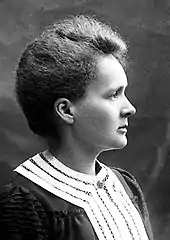

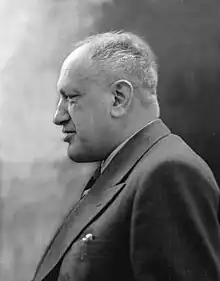
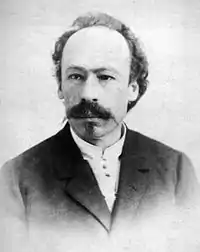
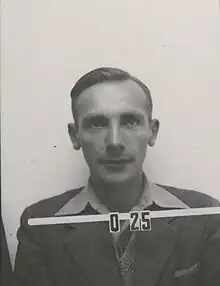
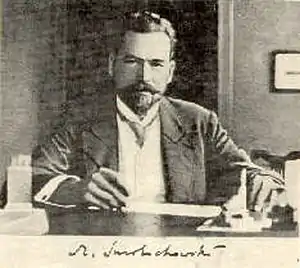
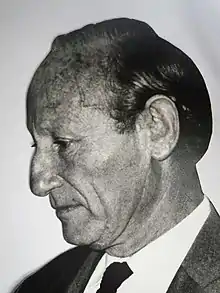


.jpg.webp)

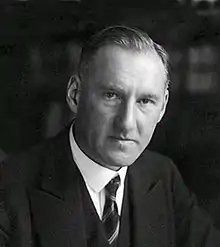
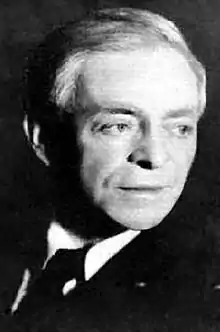
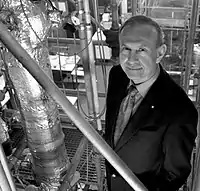
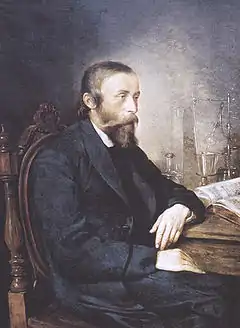

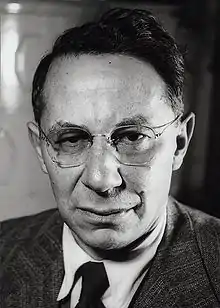

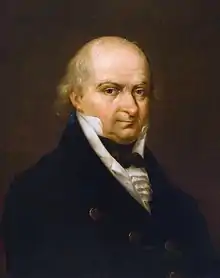
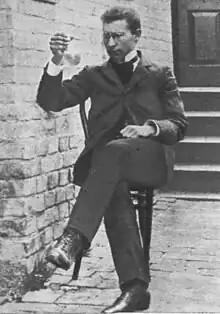
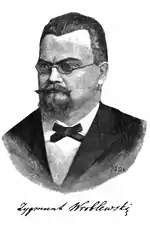
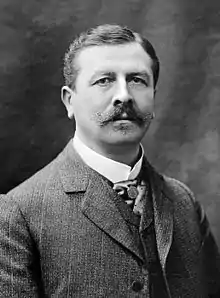
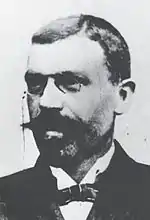
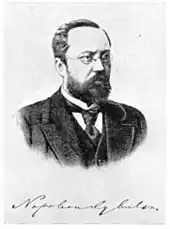
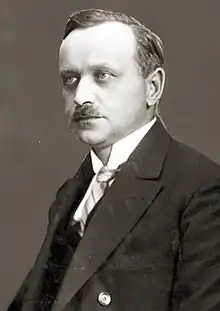
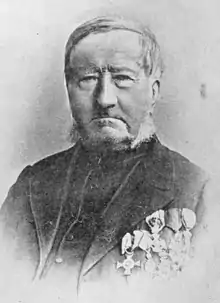
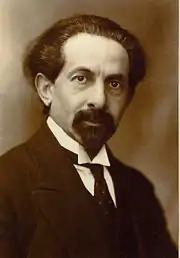
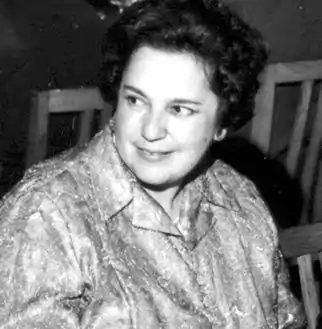
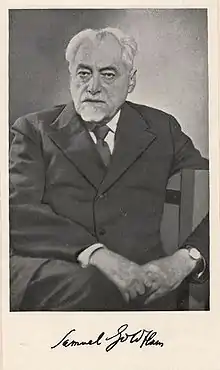
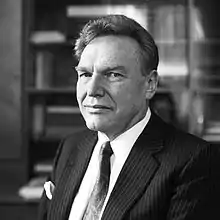

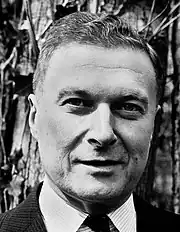
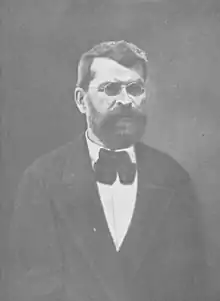
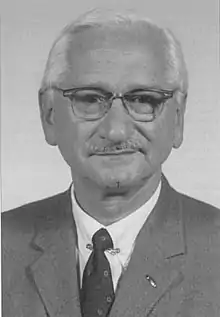
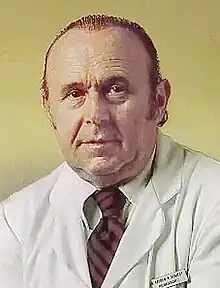
.jpg.webp)
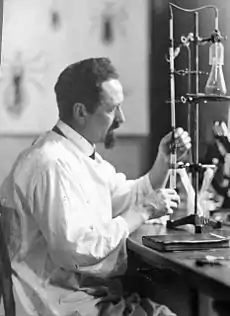
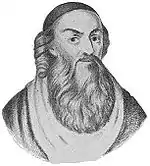
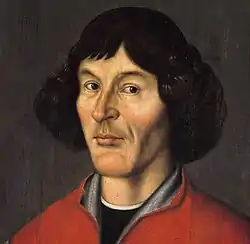
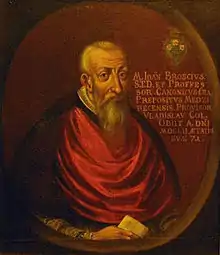
.jpg.webp)
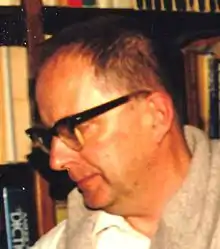
.jpg.webp)
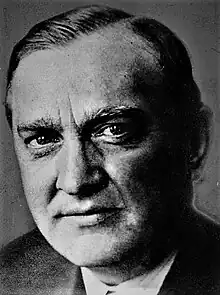

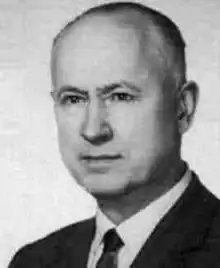
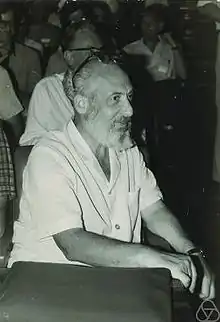
.jpg.webp)
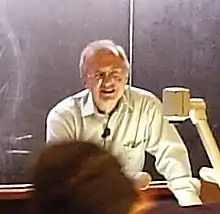
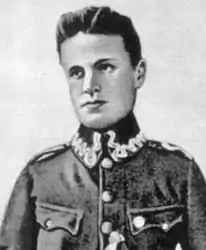
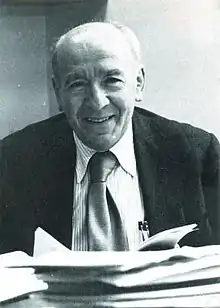
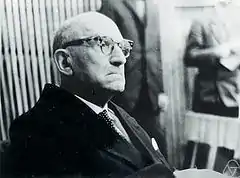
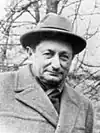
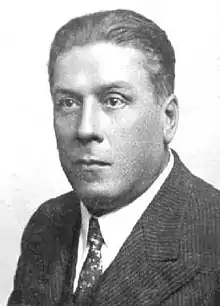
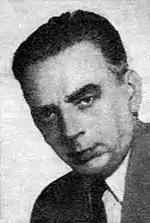

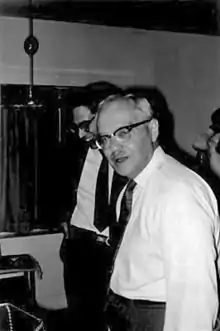

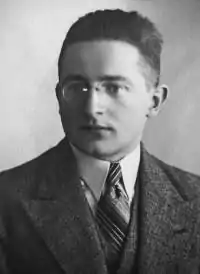
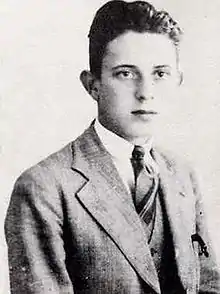
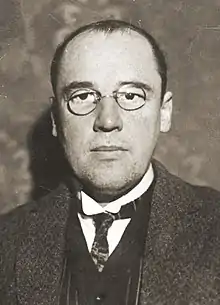
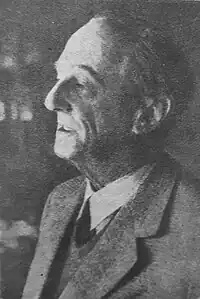
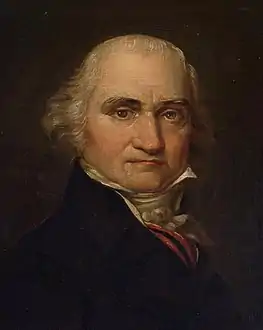
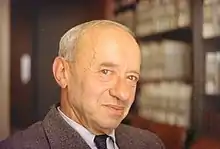
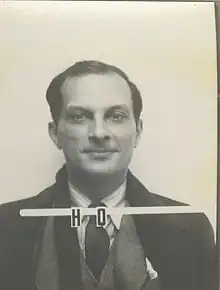
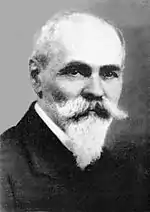
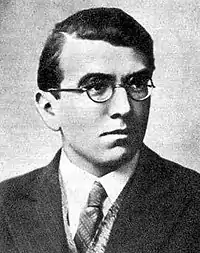
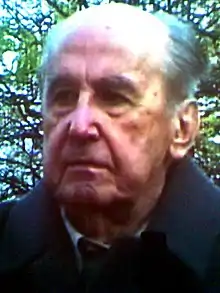
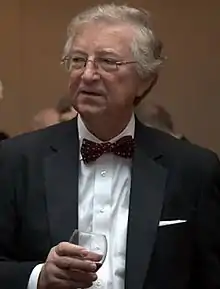
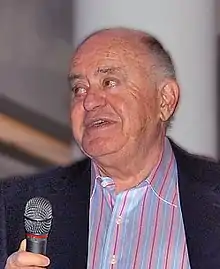

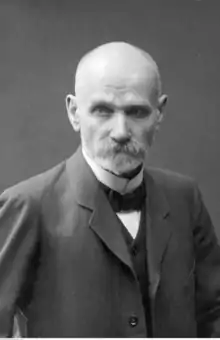
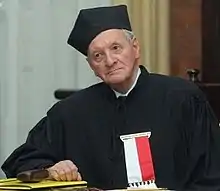
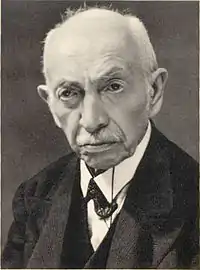

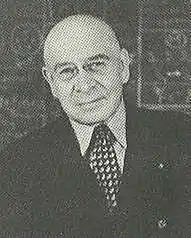
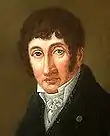
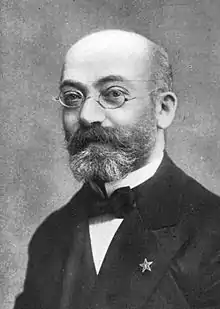

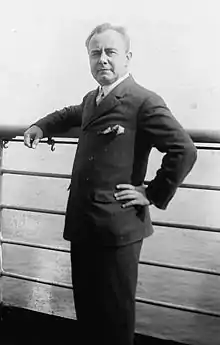

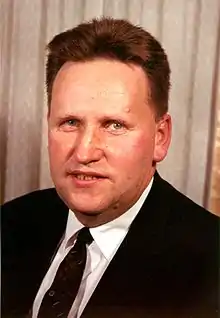

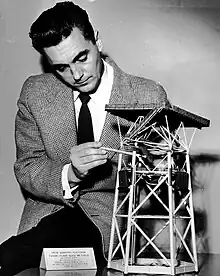
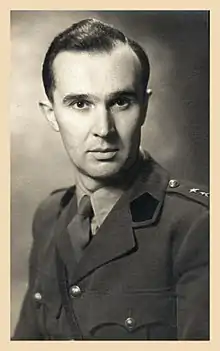
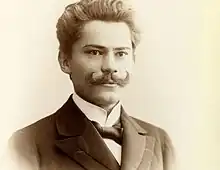
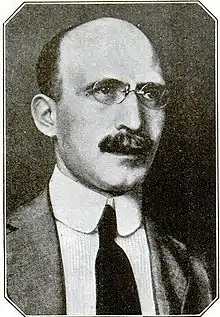

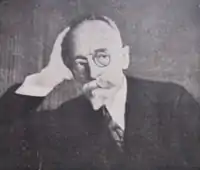
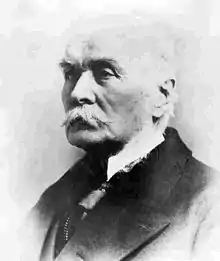
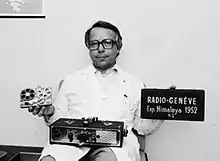
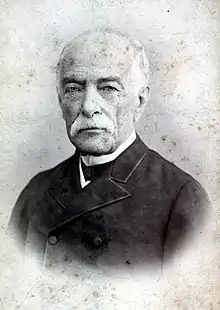
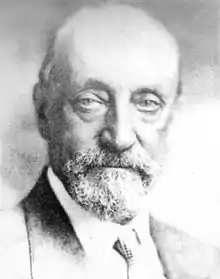
.jpg.webp)
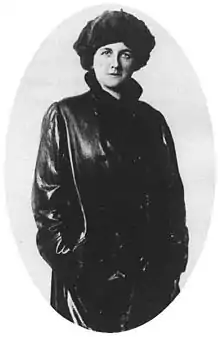
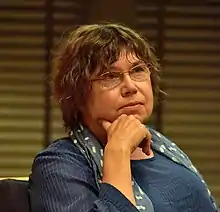
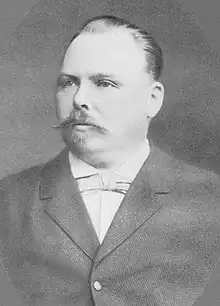
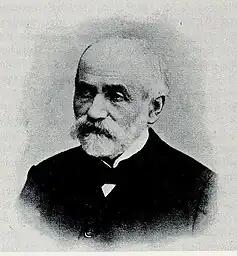
.png.webp)

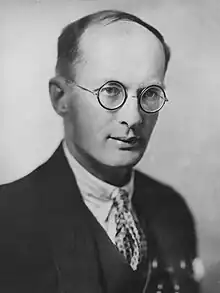

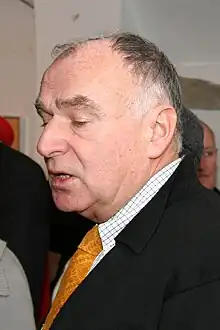
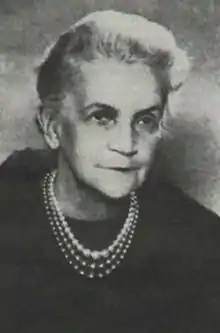
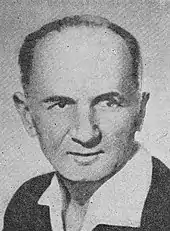
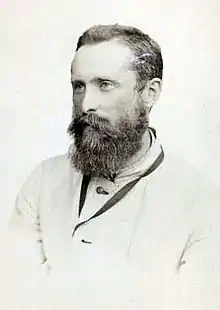
_(cropped).jpg.webp)
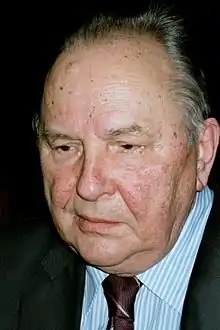
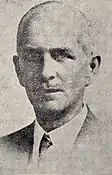
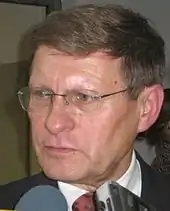
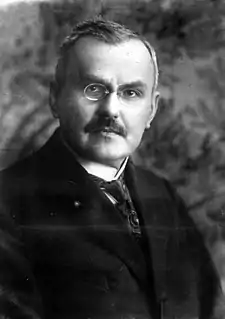

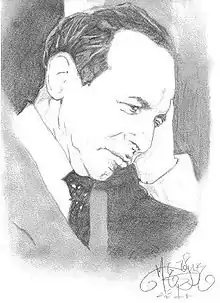
.jpg.webp)
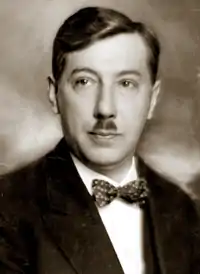
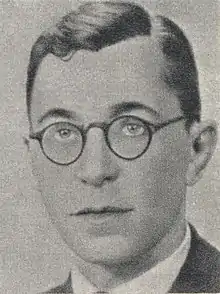
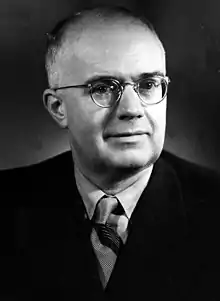
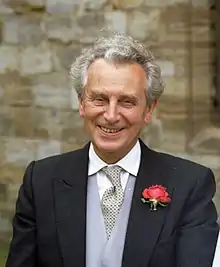
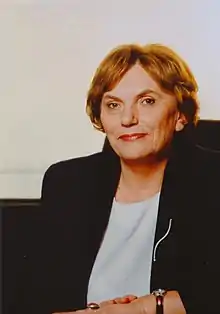
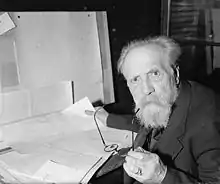
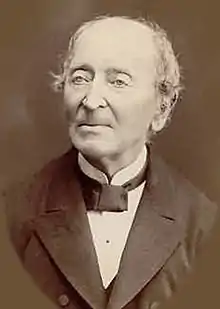

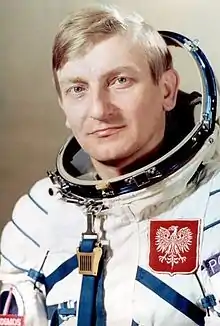
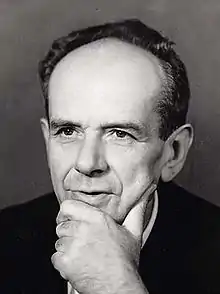
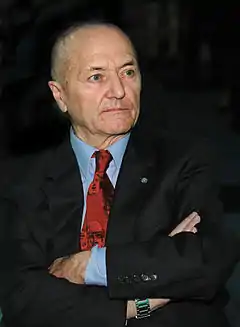
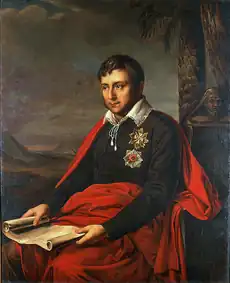
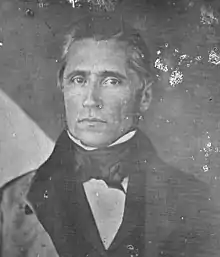
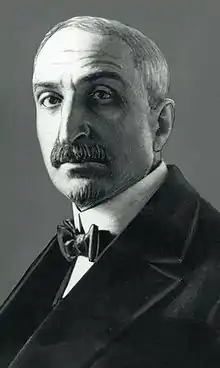
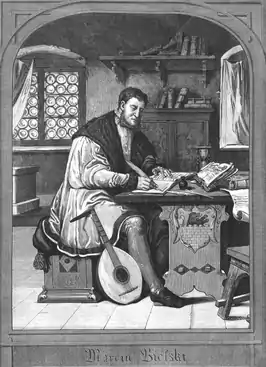

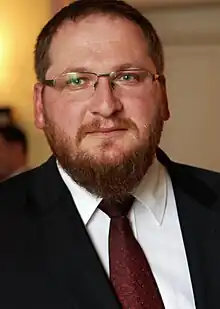

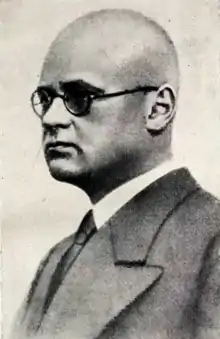

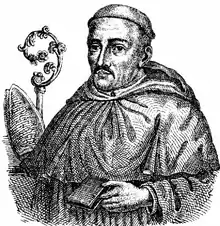
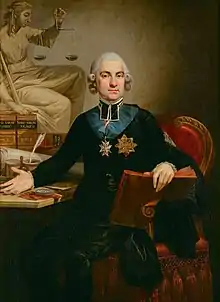
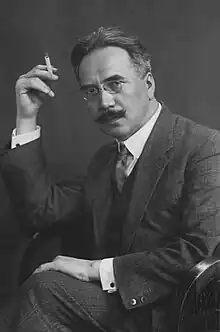

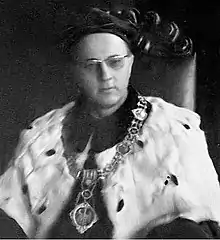
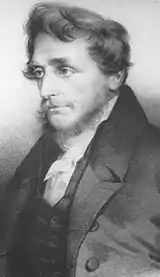
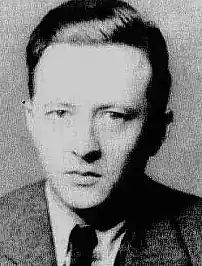
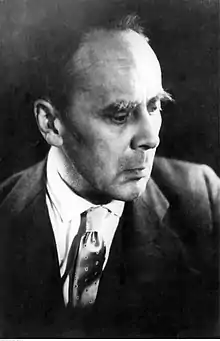
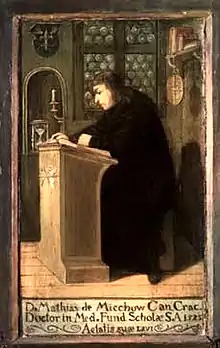
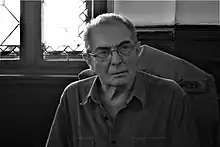
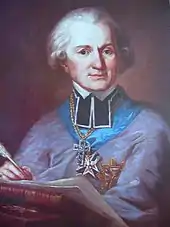
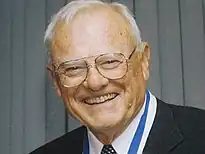
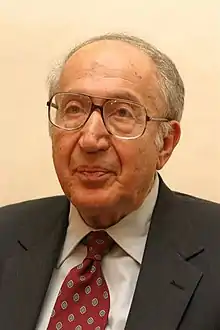
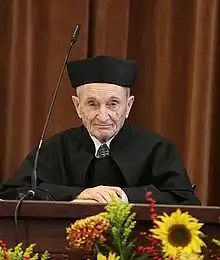
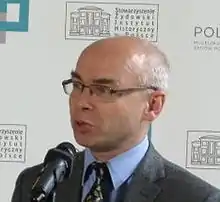
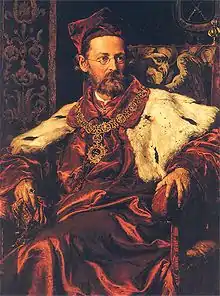
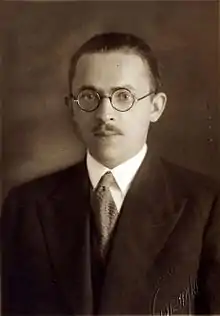
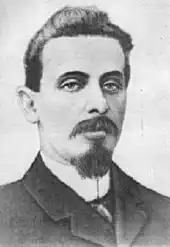
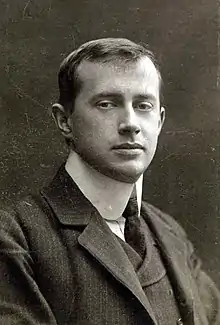
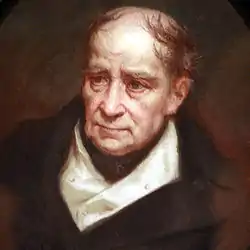
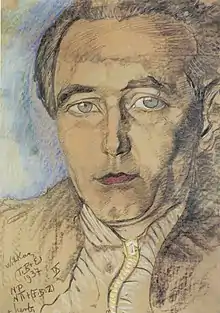
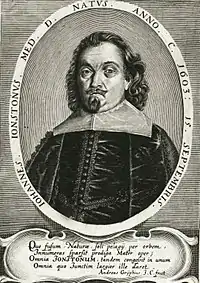
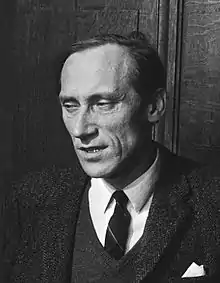
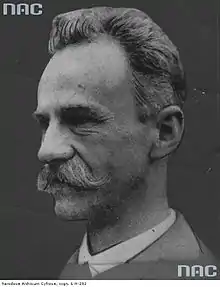
.jpg.webp)
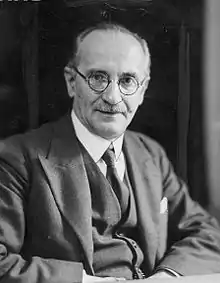
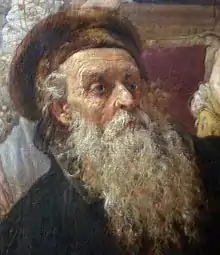
.jpg.webp)
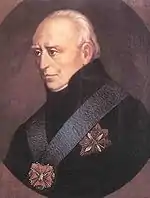

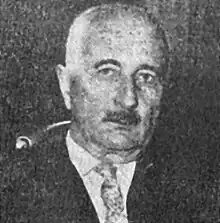
.jpg.webp)

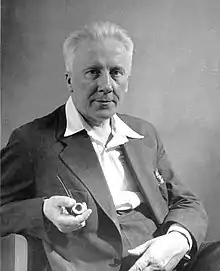
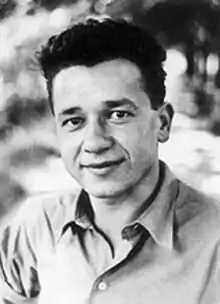

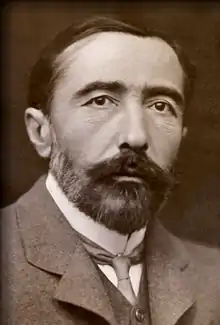
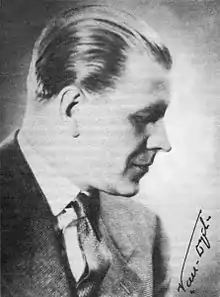
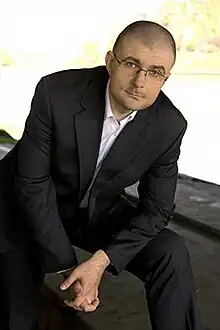
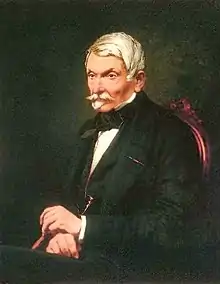
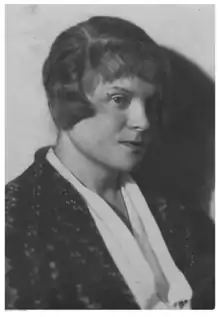
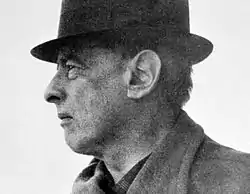

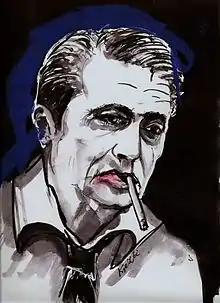
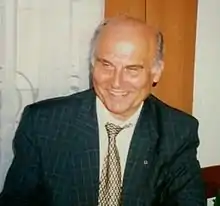

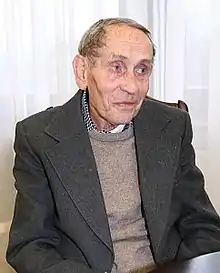
.jpg.webp)



.jpg.webp)

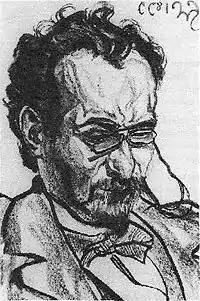
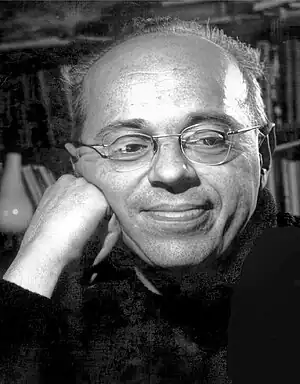
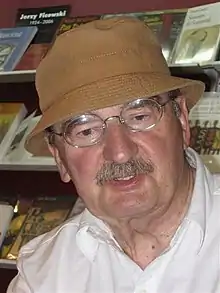
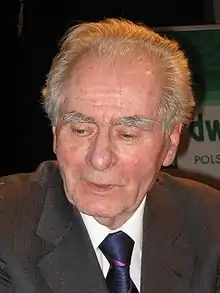

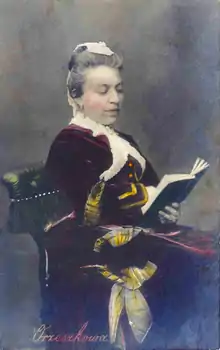
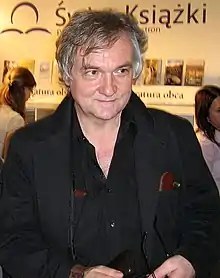
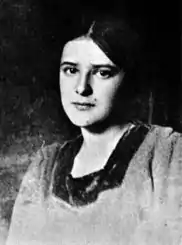
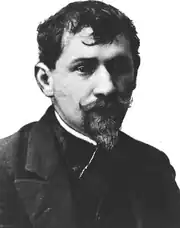

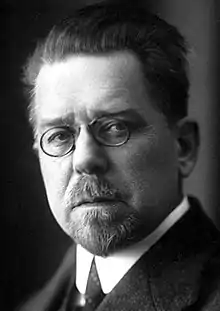
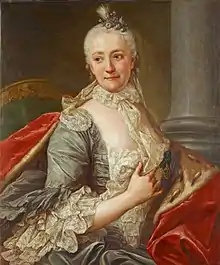

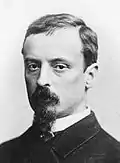
.jpg.webp)
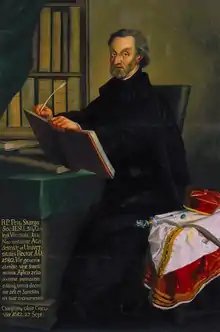

.jpg.webp)
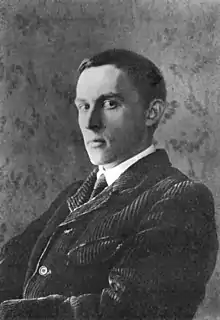
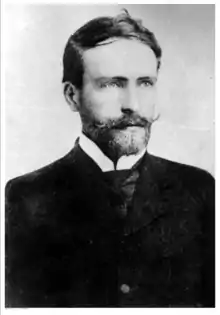

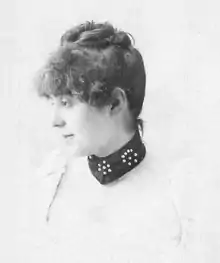
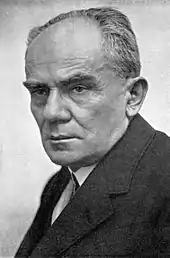
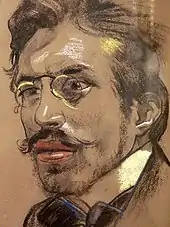

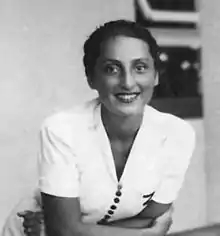
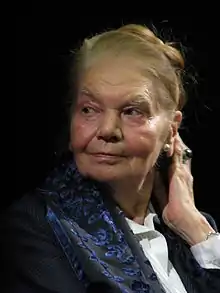
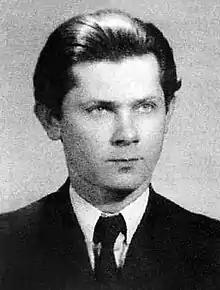
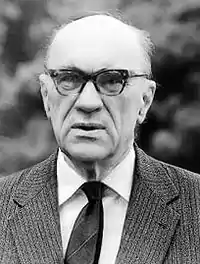


.png.webp)
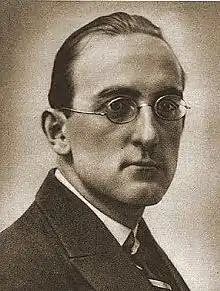
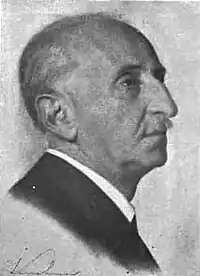



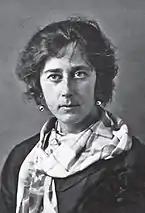
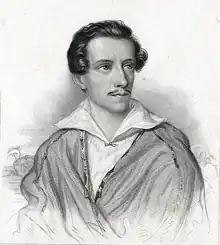

.jpg.webp)
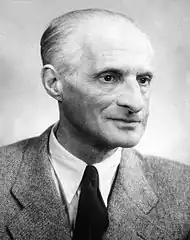

.jpg.webp)
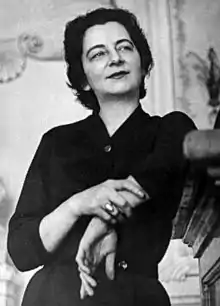
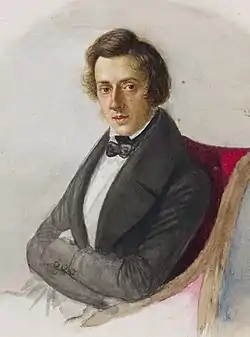

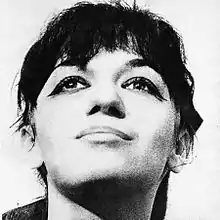
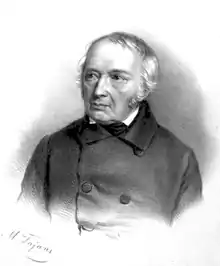

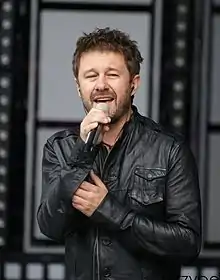
.jpg.webp)
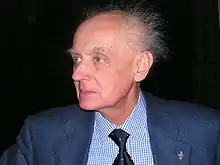

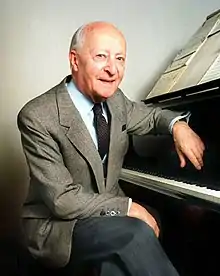
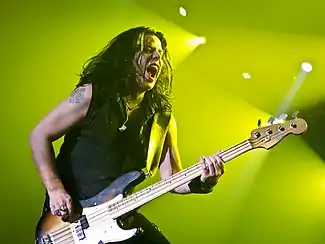
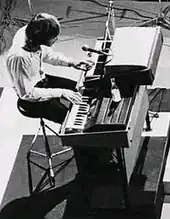
.jpg.webp)


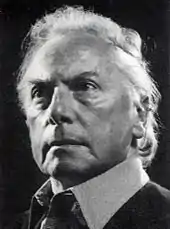
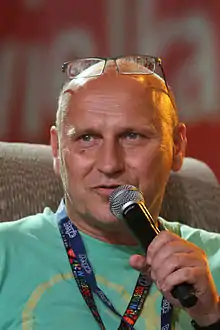
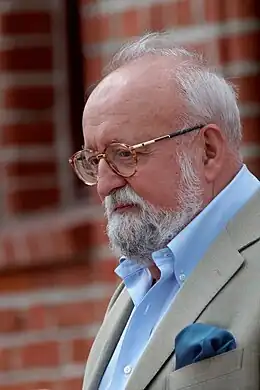

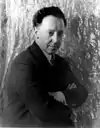
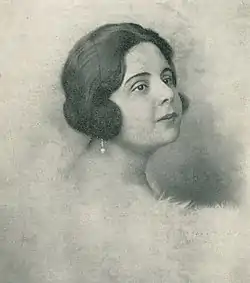
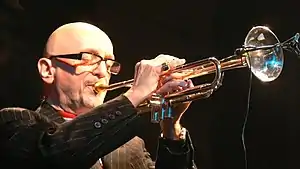
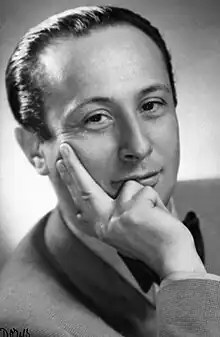

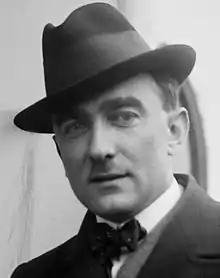
.jpg.webp)
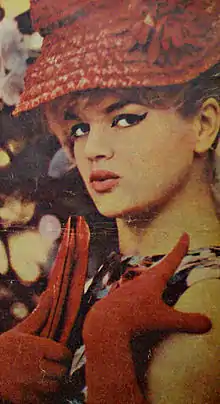

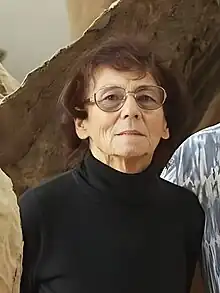
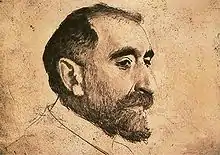
.jpg.webp)
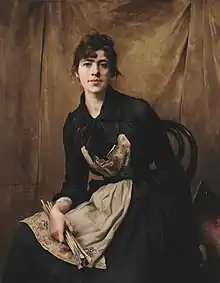

.jpg.webp)

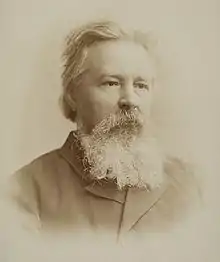
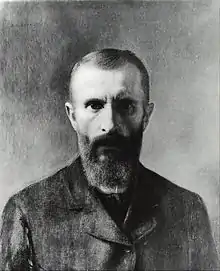
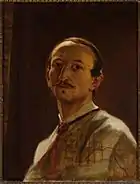
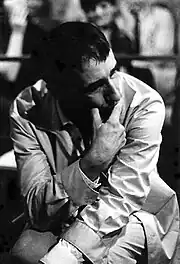
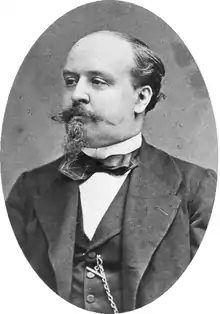

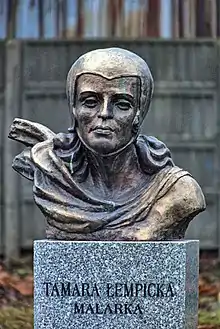

_photo_portrait_of_1925_copy_of_book.jpg.webp)
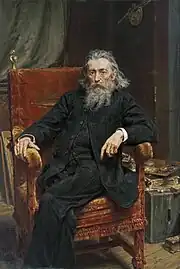
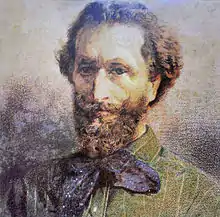
.png.webp)
.jpg.webp)
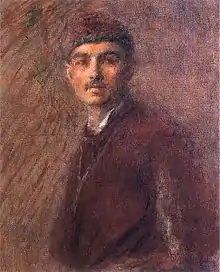
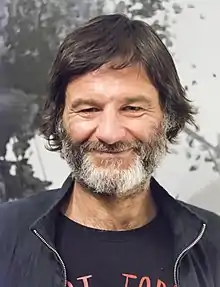
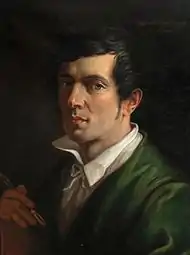
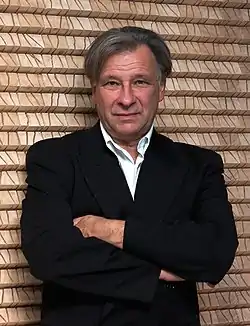
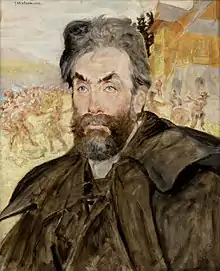

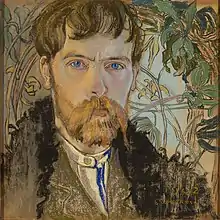
.jpg.webp)
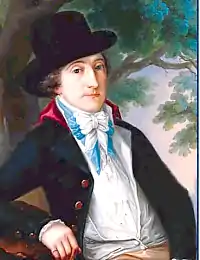

.jpg.webp)
_crop.jpg.webp)
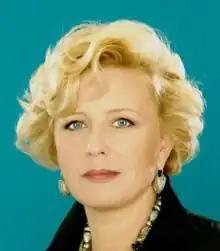
.jpg.webp)
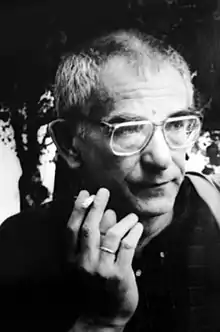
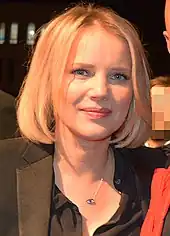


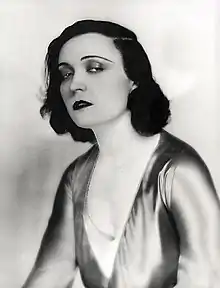
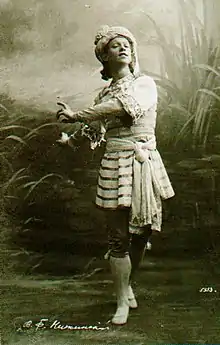

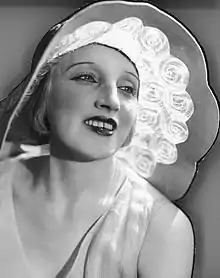
.jpg.webp)

.jpg.webp)

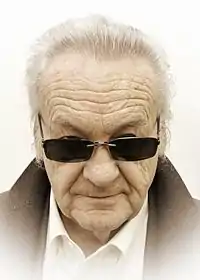
.jpg.webp)




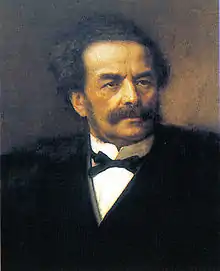
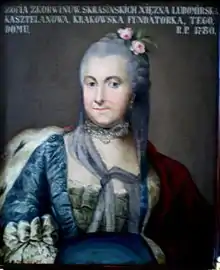
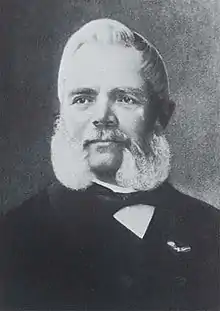
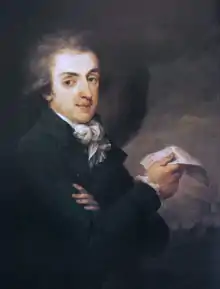
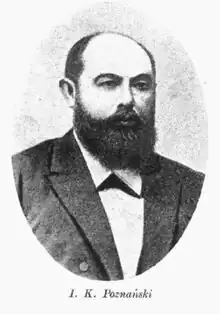
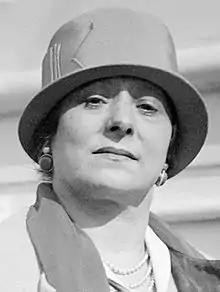
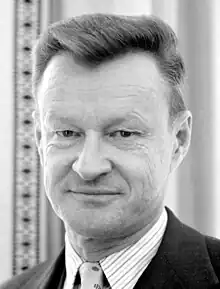
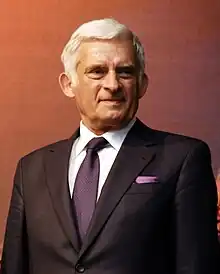
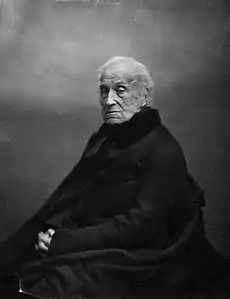
.jpg.webp)

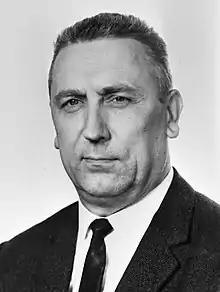
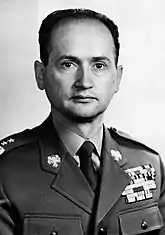
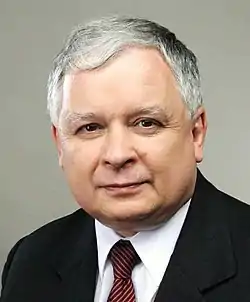

.jpg.webp)

.jpg.webp)
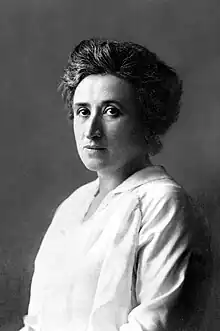

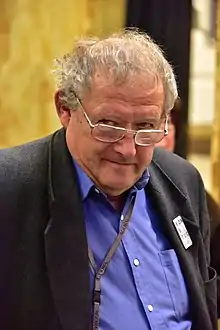
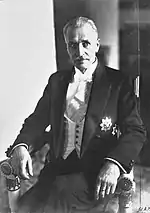
.jpg.webp)
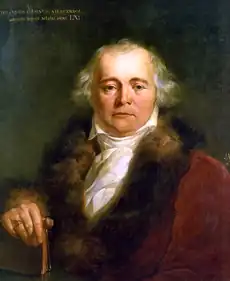
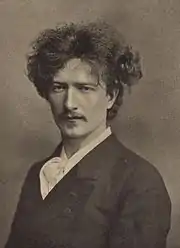
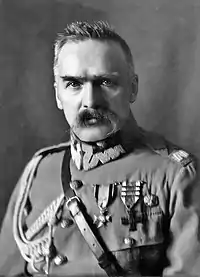
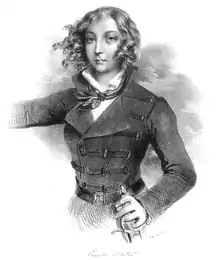
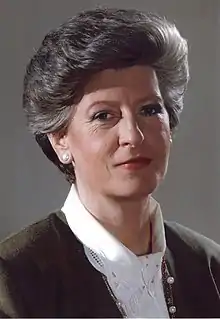
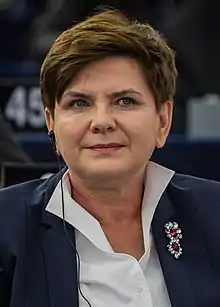


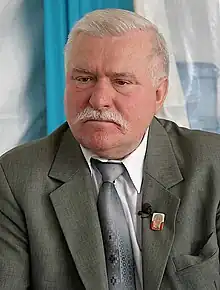

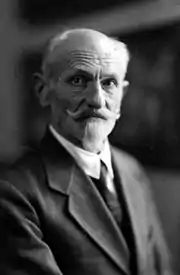

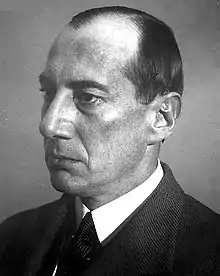

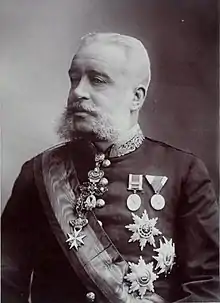
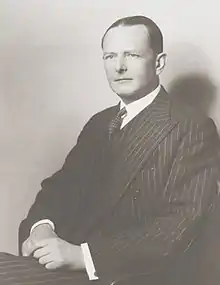

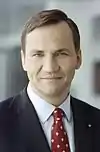

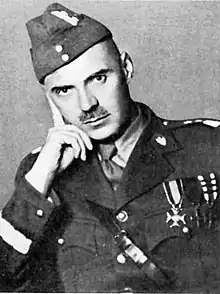
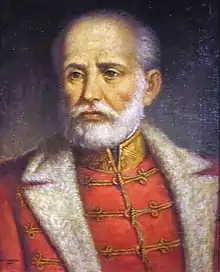



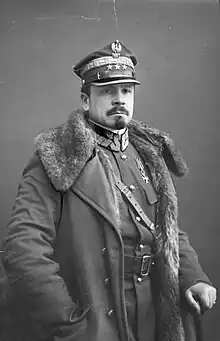
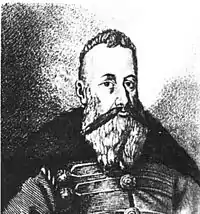
.jpg.webp)
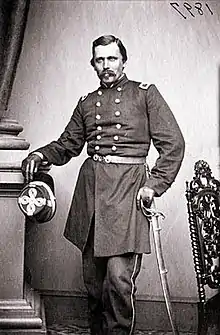

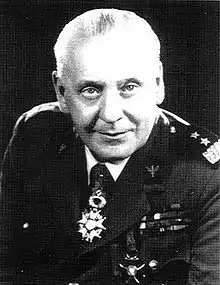
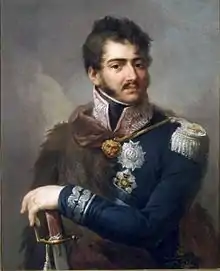
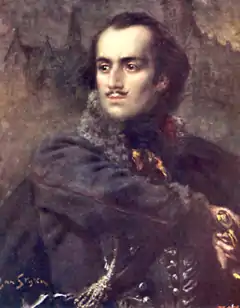
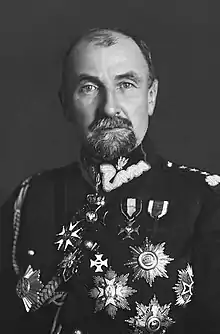
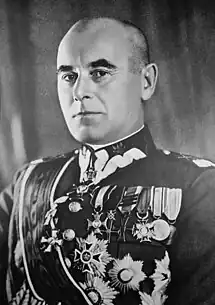
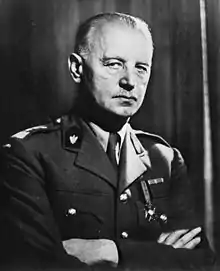
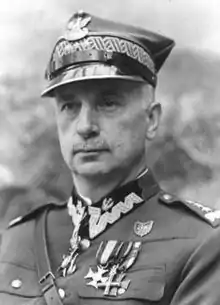
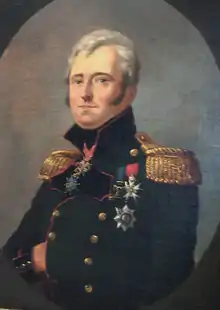
.jpg.webp)
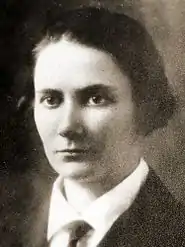
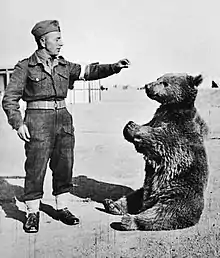
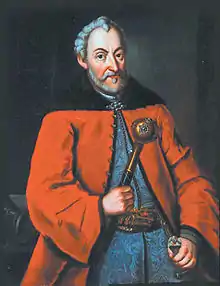
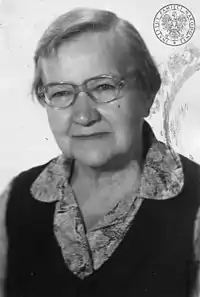
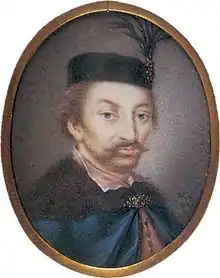
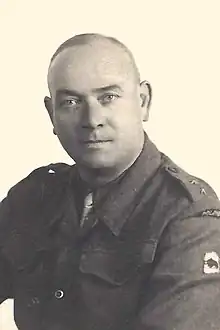
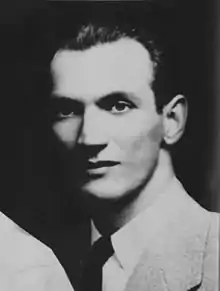
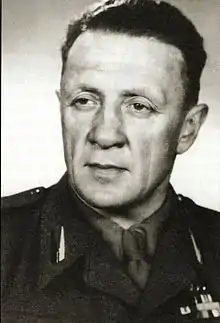
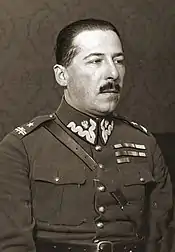
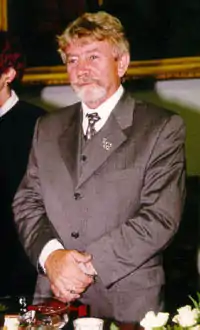

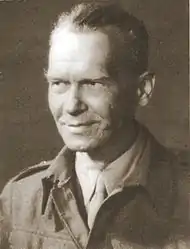
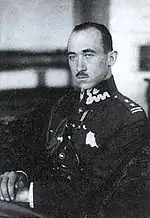
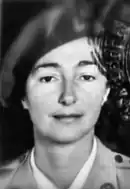
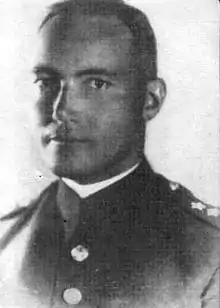


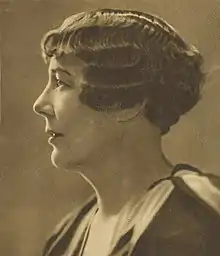
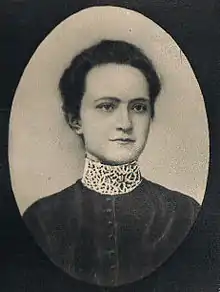
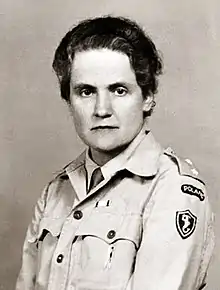

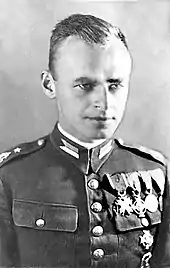
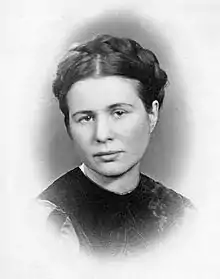
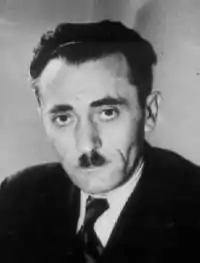
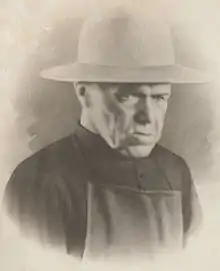
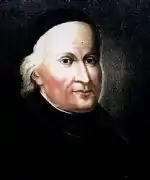
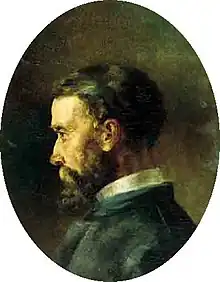

.jpg.webp)
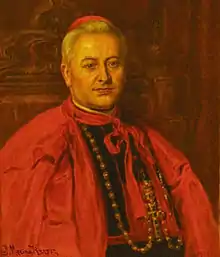


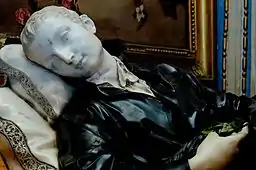
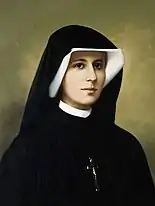
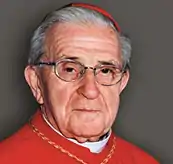

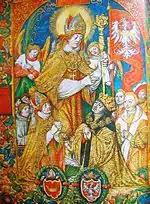
.jpg.webp)
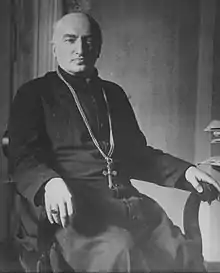
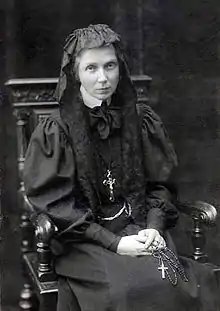
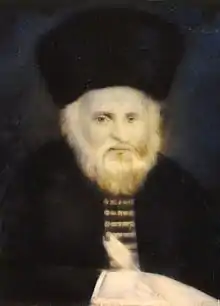

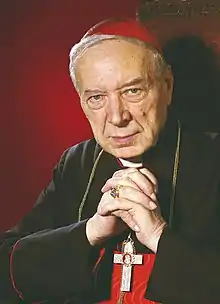
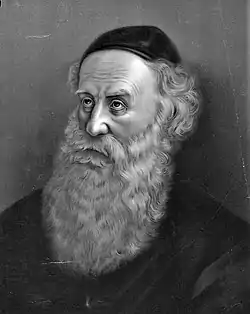
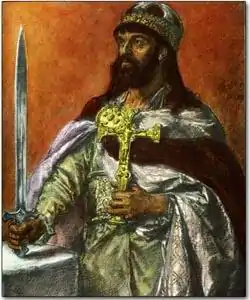


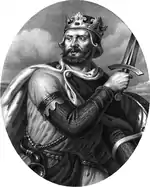
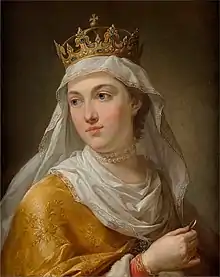

.jpg.webp)

_01.jpg.webp)
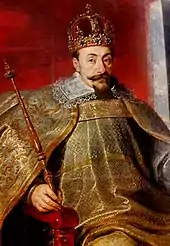
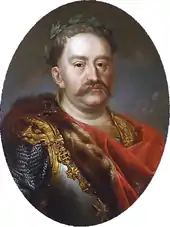
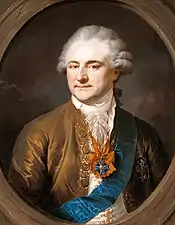
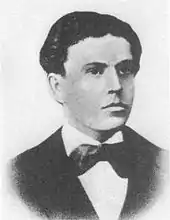
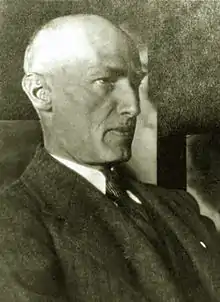
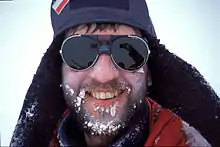

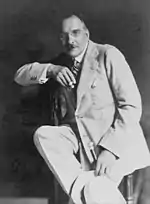
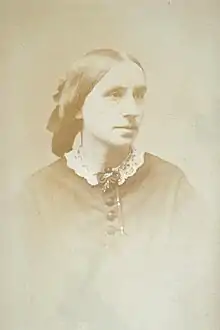
.jpg.webp)

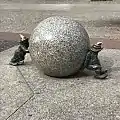
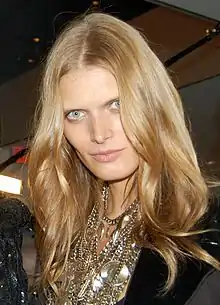

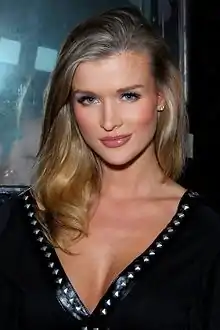

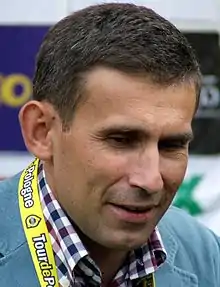

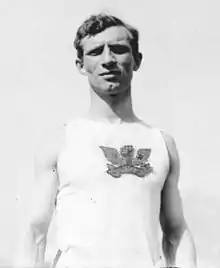
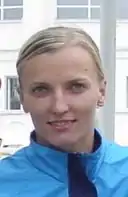

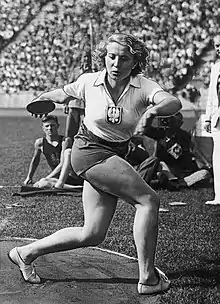
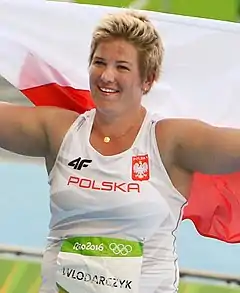
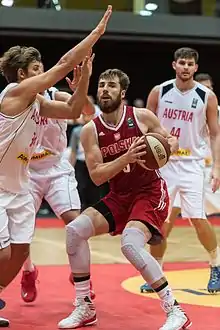
.jpg.webp)
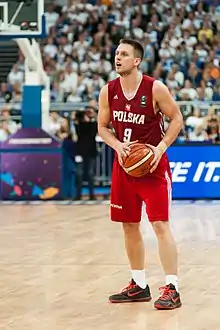
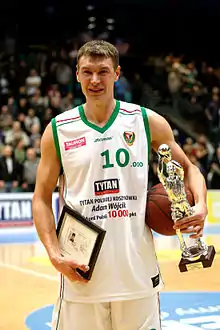
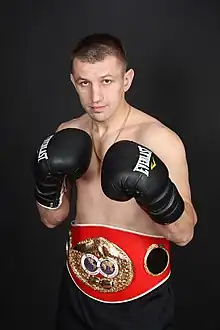
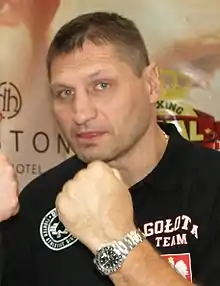
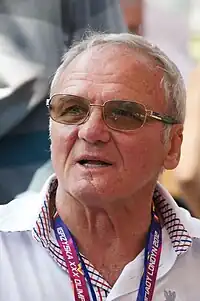
.jpg.webp)
.jpg.webp)

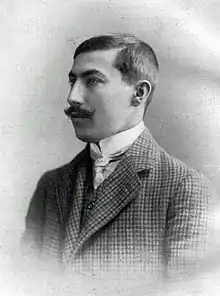

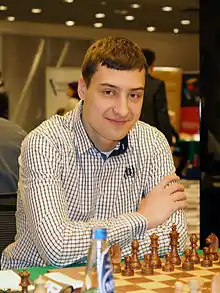
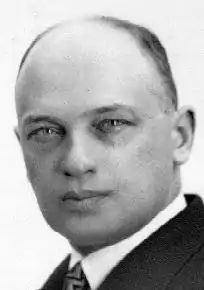

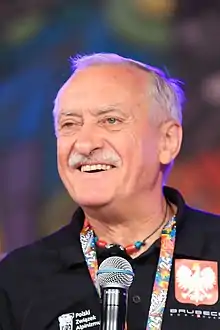
.JPG.webp)
.jpg.webp)
.jpg.webp)
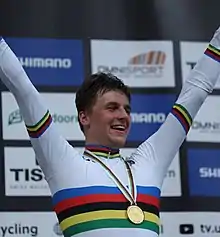
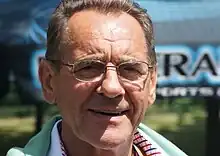
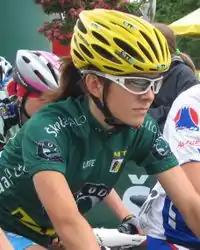

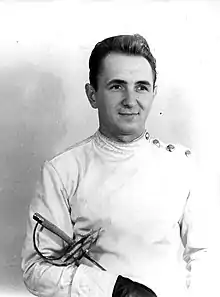
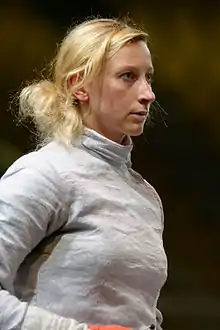
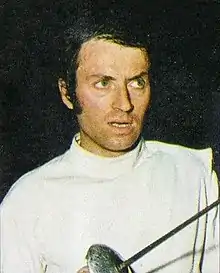
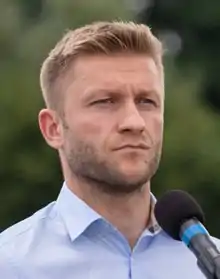

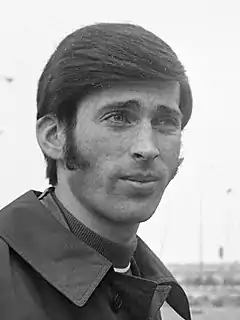
.jpg.webp)
.jpg.webp)
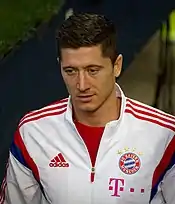
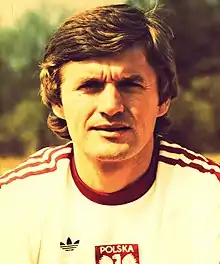
.jpg.webp)
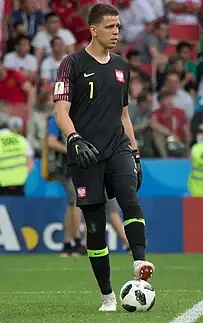
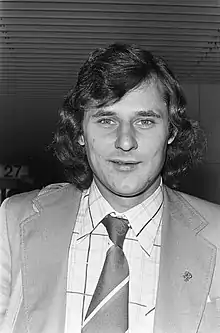
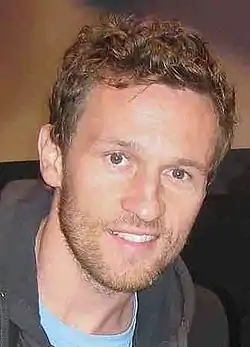
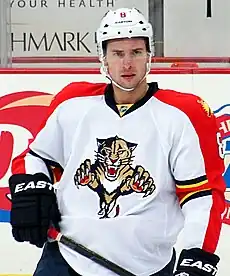

.jpg.webp)
.jpg.webp)
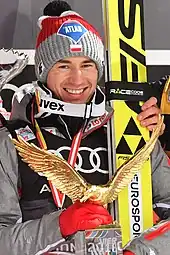
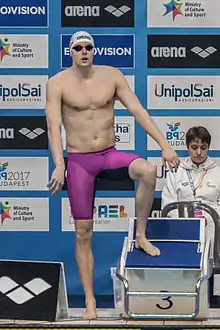
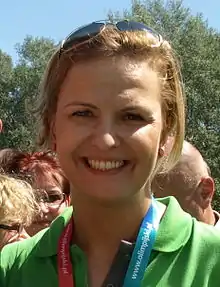

_(48199235282).jpg.webp)
_(28136044530).jpg.webp)
.jpg.webp)
_(48199020336).jpg.webp)
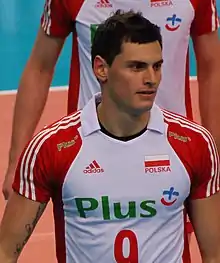
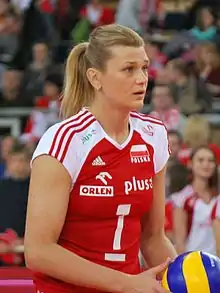

.jpg.webp)
.jpg.webp)
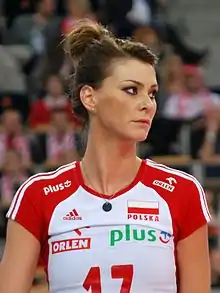
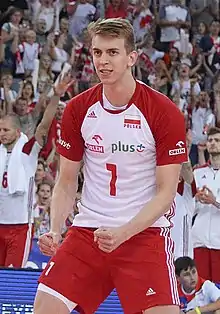

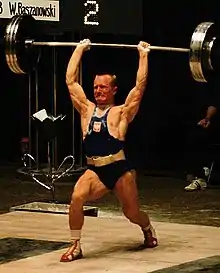
.jpg.webp)
